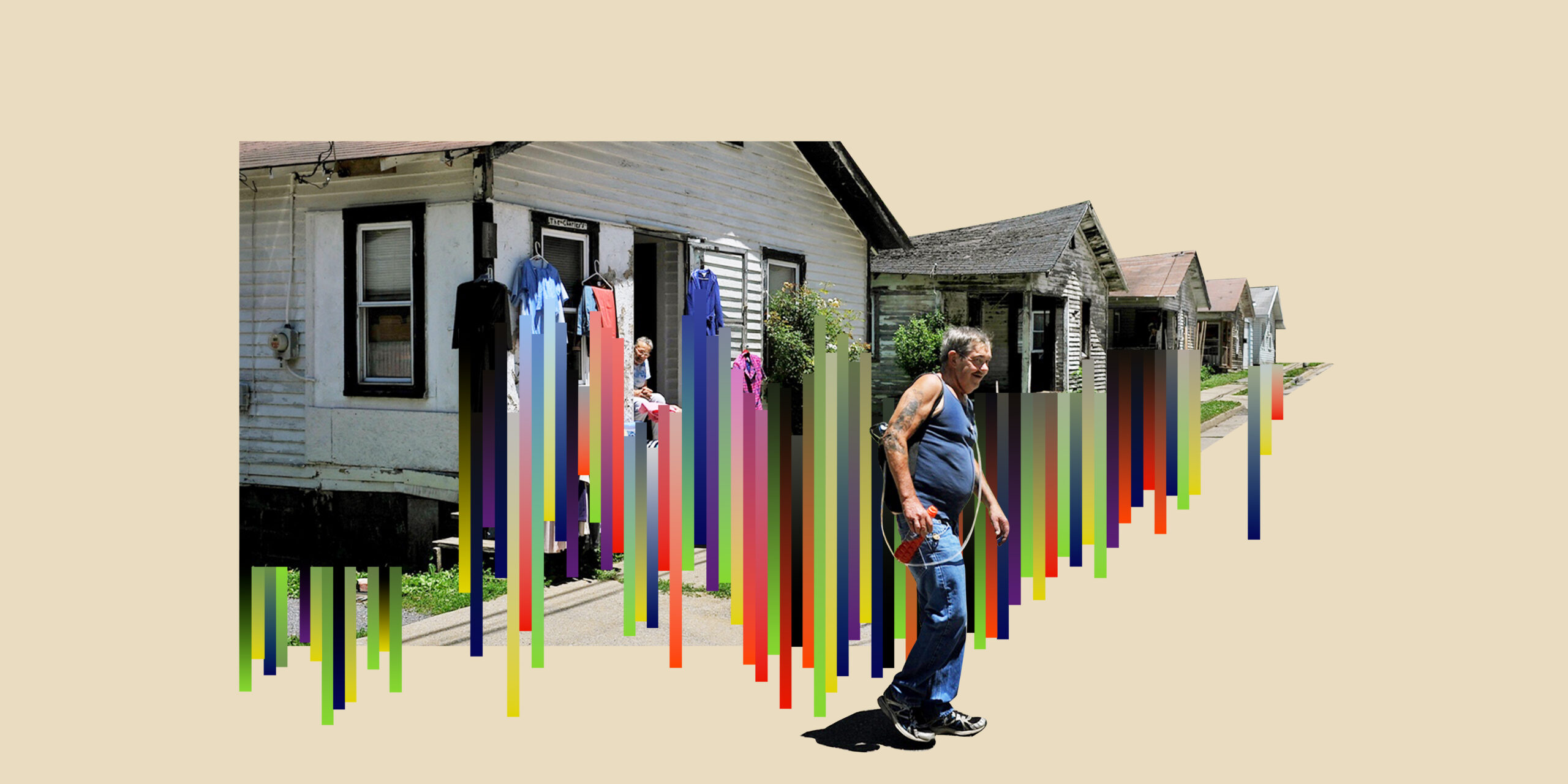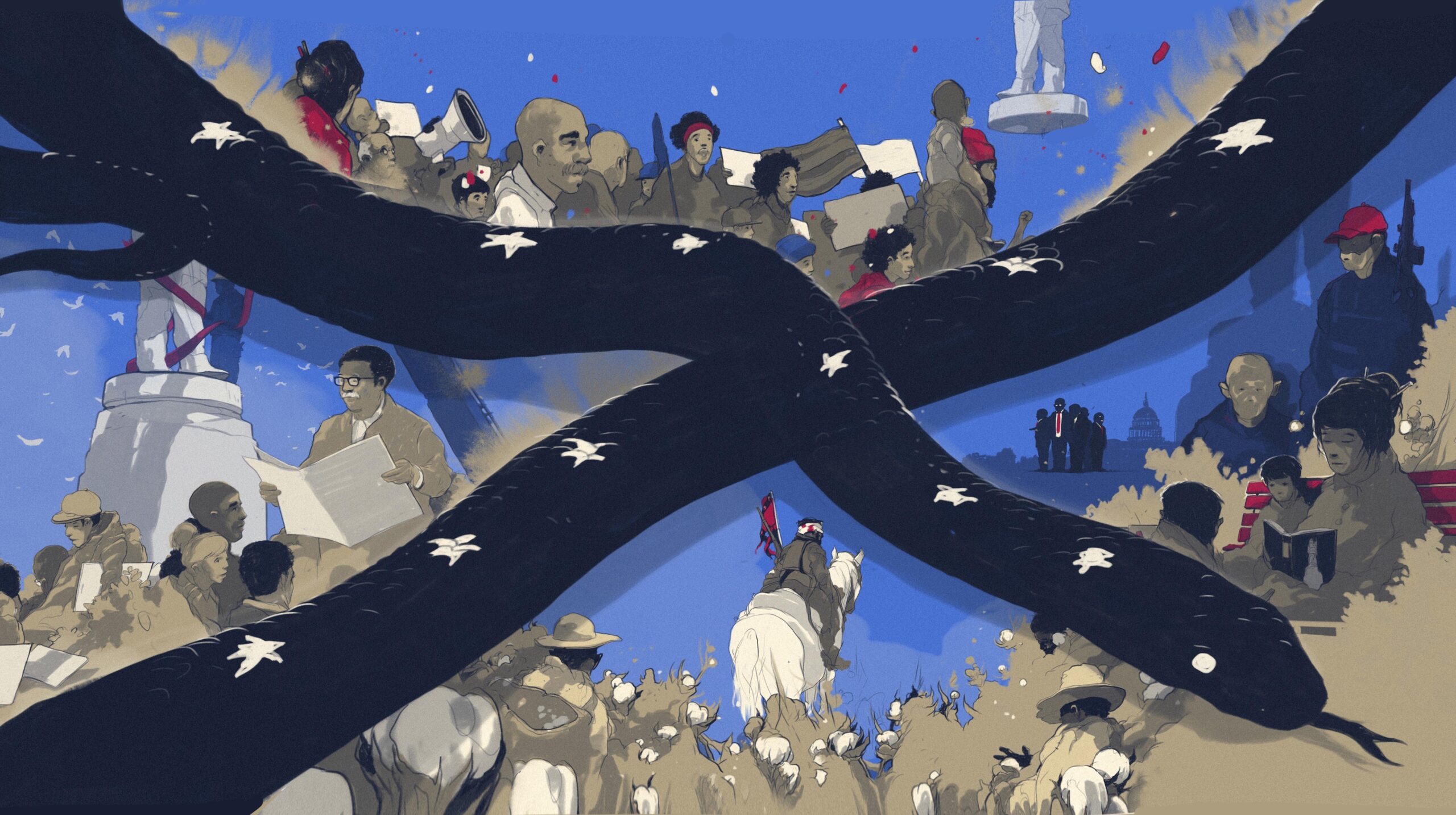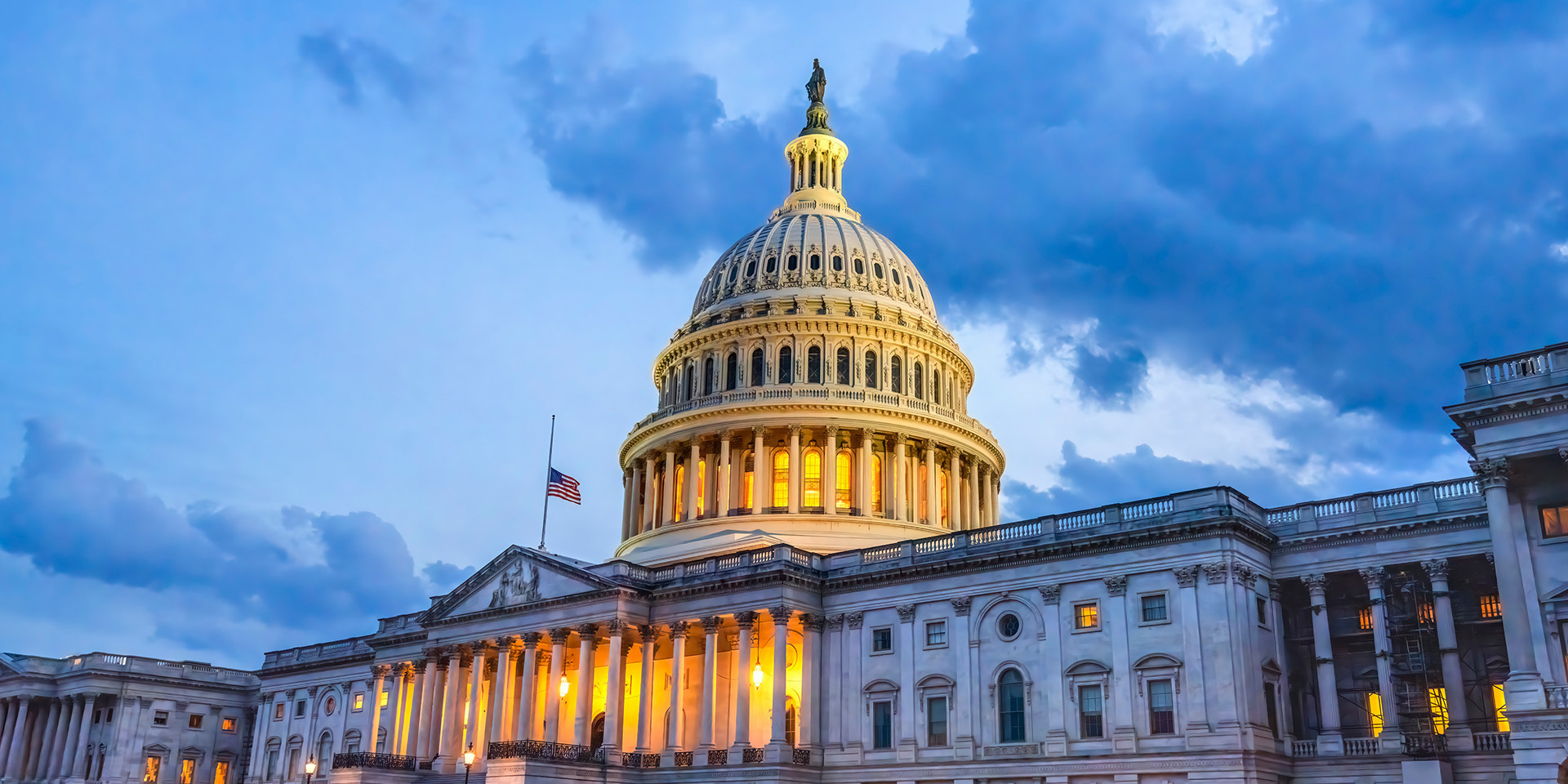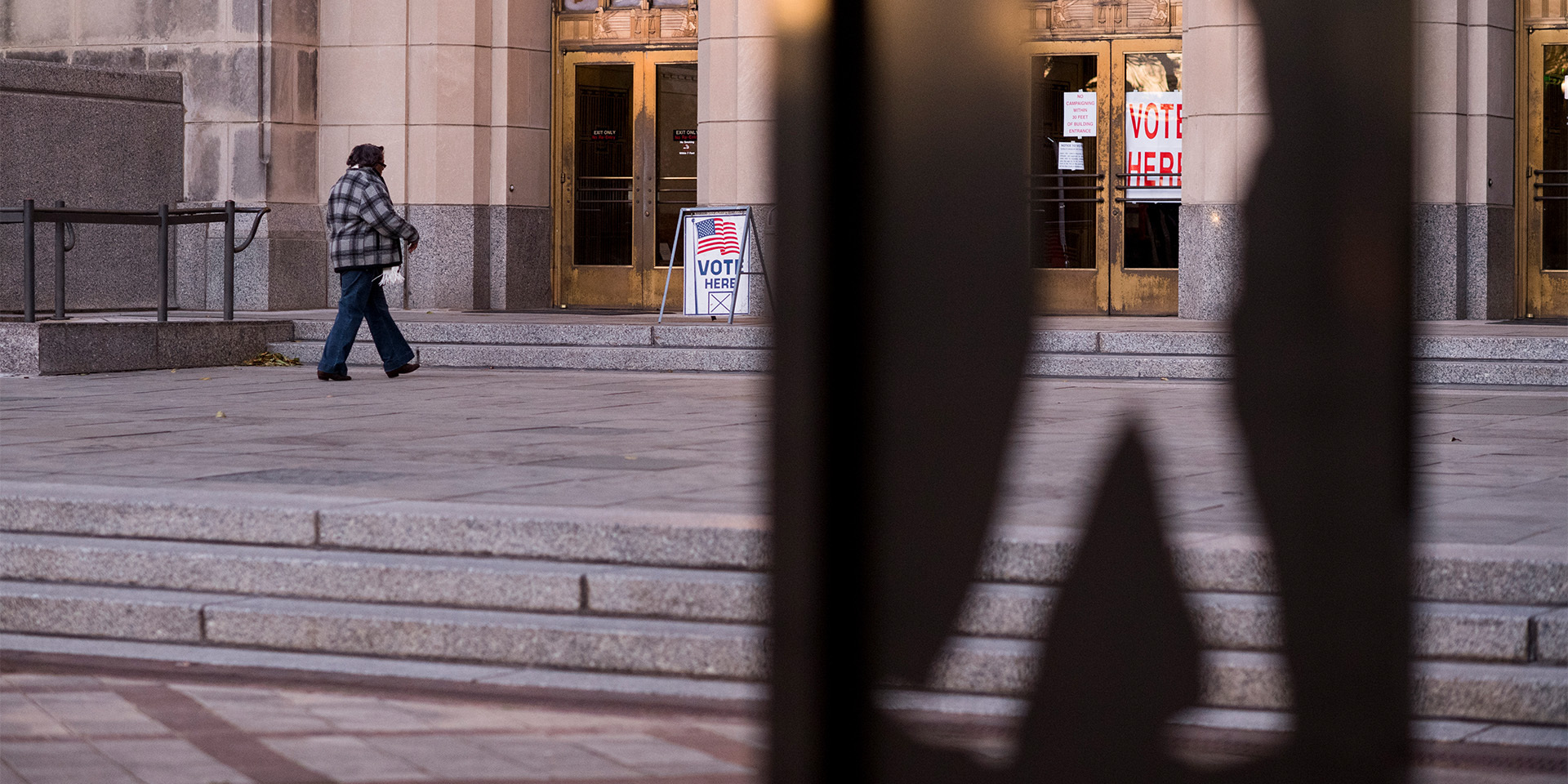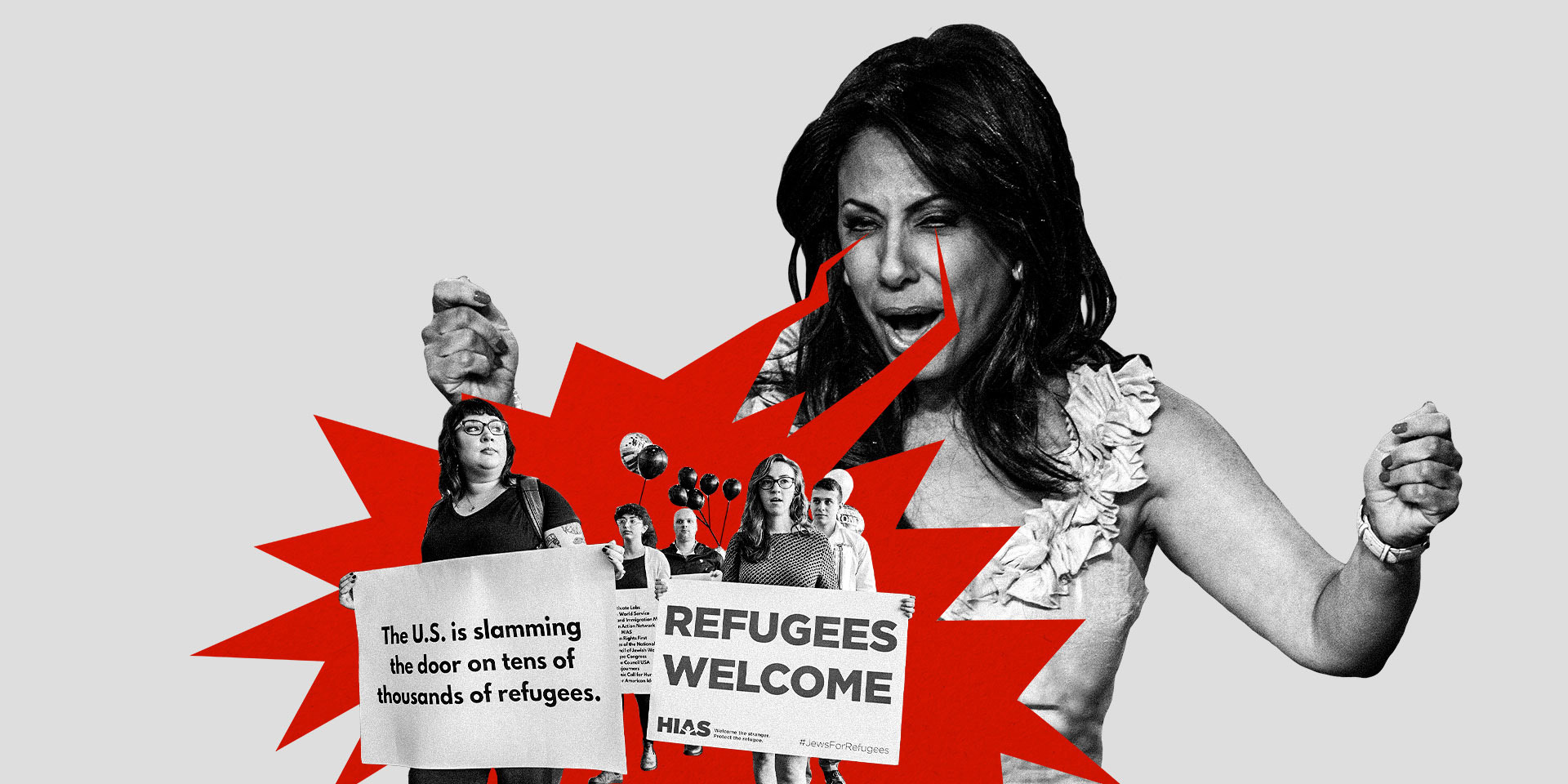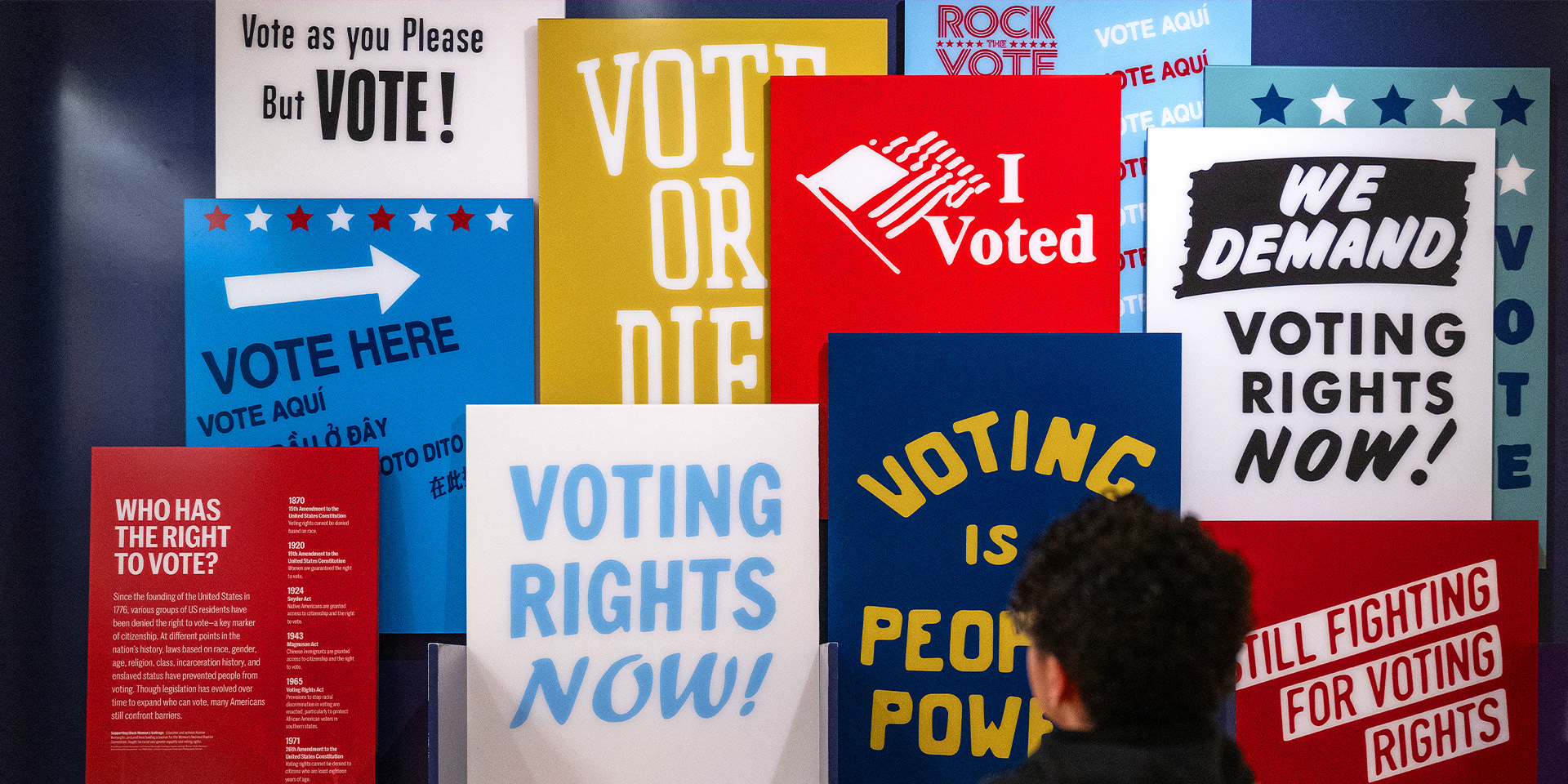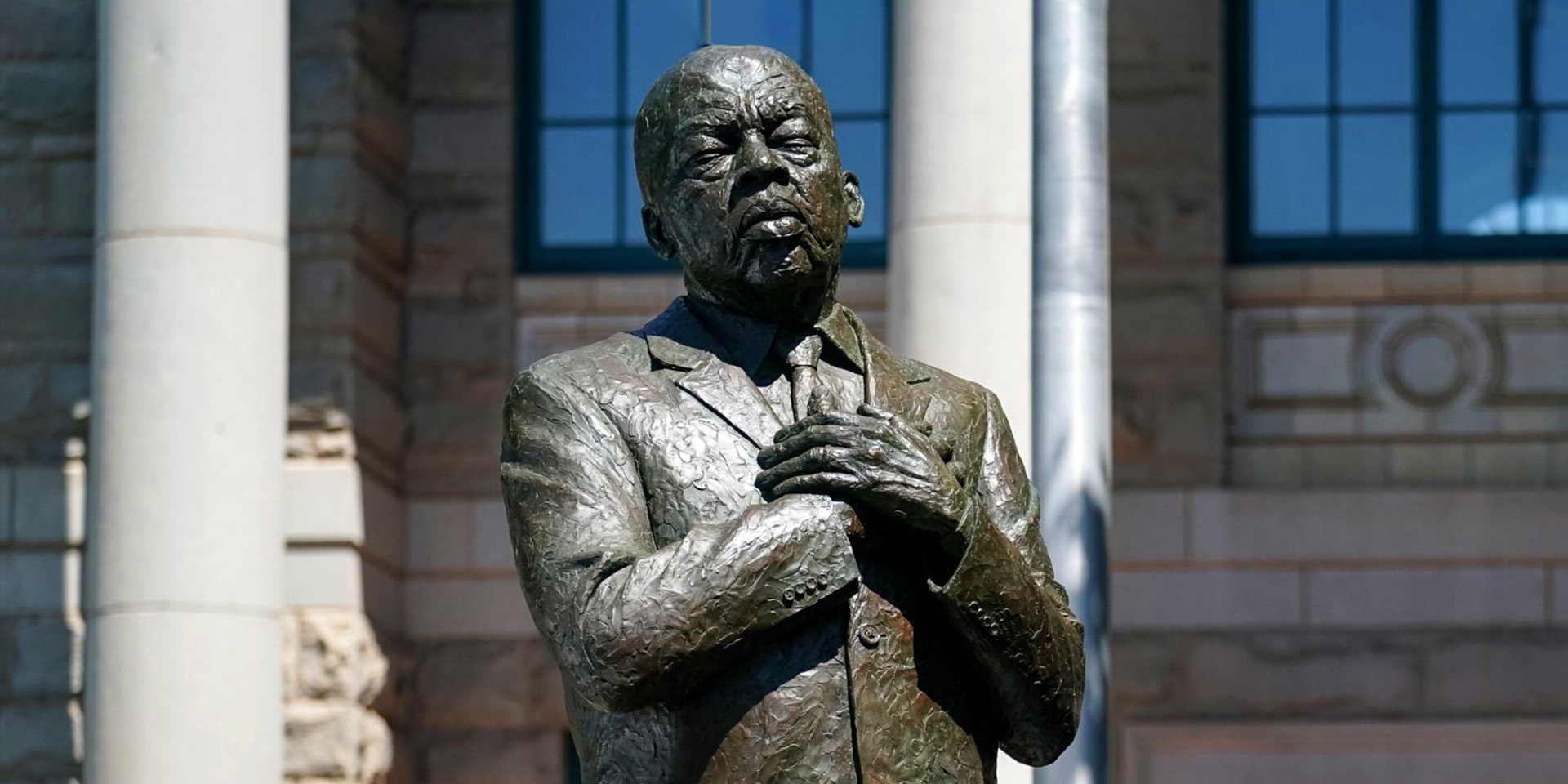-
- Strengthening Democracy & Voting Rights
Protected: 2025 Federal Policy Priorities
There is no excerpt because this is a protected post.
-
- Dismantling White Supremacy
Patriot Front secretly using the active clubs network to sustain its influence
The white nationalist hate group Patriot Front is trying to boost recruitment by secretly controlling a large swath of the active clubs network, according to audio messages and a leaked document posted to Telegram that Hatewatch verified. The audio messages and leaked document reveal that Patriot Front is the hidden hand behind about a dozen…
-
- Strengthening Democracy & Voting Rights
Power of the People: The SAVE Act and its threat to American democracy
At our democracy’s imperfect founding, only white men who owned property could vote. Through significant struggle and sacrifice, we’ve made progress. The Reconstruction amendments, the 19th Amendment, the Indian Citizenship Act, the Voting Rights Act of 1965 — over time, these landmark developments have made voting rights real for people of color, women, language minorities…
-
- Eliminating Poverty and Economic Inequality
- Ending Unjust Imprisonment
Baez v. Dixon
The Southern Poverty Law Center and Florida Justice Institute filed federal and state lawsuits on behalf of an incarcerated man who suffered abuse at the hands of the Florida Department of Corrections (FDC). Following a settlement awarded to the man for his injuries, FDC enforced a six-figure lien against him. The suits argue that FDC’s…
-
- Dismantling White Supremacy
Anti-Muslim hate group leader attacks migrant aid contractors as ‘treasonous’
Brigitte Gabriel, the leader of ACT for America, one of the most active anti-Muslim groups in the nation, praised the Trump administration’s defunding of an international relief agency, effectively cutting money from nongovernmental contractors aiding migrants and refugees — groups she described as “treasonous organizations” helping “criminals break into our country.” In the subhead to…
-
- Strengthening Democracy & Voting Rights
SPLC president and CEO speaks out on SAVE Act’s danger to our democracy
While the nation watches the slow-rolling car crash that has been the Trump tariff policy, Republicans in Congress have been moving forward on another part of the Project 2025 agenda: making it more difficult to vote. The House passed its version of the Safeguard American Voter Eligibility (SAVE) Act last month, with every Republican representative…
-
- Dismantling White Supremacy
‘Whose Heritage?’ report spotlights ‘triumphs even in the darkest of times’
When Donald Trump won a second term in the White House, he made very clear that he would be fighting to overturn what he saw as injustices done in the name of “woke.” His executive orders, the fiat he has used to fuel a campaign of attacks on his perceived foes and their successes, are…
-
- Eliminating Poverty and Economic Inequality
Strongly urge HUD to withdraw the 2025 Interim Final Rule on Affirmatively Furthering Fair Housing
-
- Dismantling White Supremacy
SPLC staff recommend these films and TV shows to celebrate AAPI Heritage Month
May is Asian American and Pacific Islander Heritage Month, which commemorates the contributions of a vibrant, diverse and culturally rich community. The AAPI community represents 20.6 million people in the U.S., encompassing a wide array of languages, religions and cultural traditions. The Southern Poverty Law Center’s Asian American and Pacific Islander Affinity Group recommends the…
-
- Dismantling White Supremacy
Male supremacists entrench their ideas in the Trump administration, policy
Far-right extremists celebrated President Donald Trump’s 2024 election as an opportunity to further entrench a male supremacist culture that is permissive to violence against women. And within his first 100 days, Trump has validated their optimism. Through his appointments of white men dogged by allegations of sexual harassment, abuse and violence, Trump has publicly affirmed…



